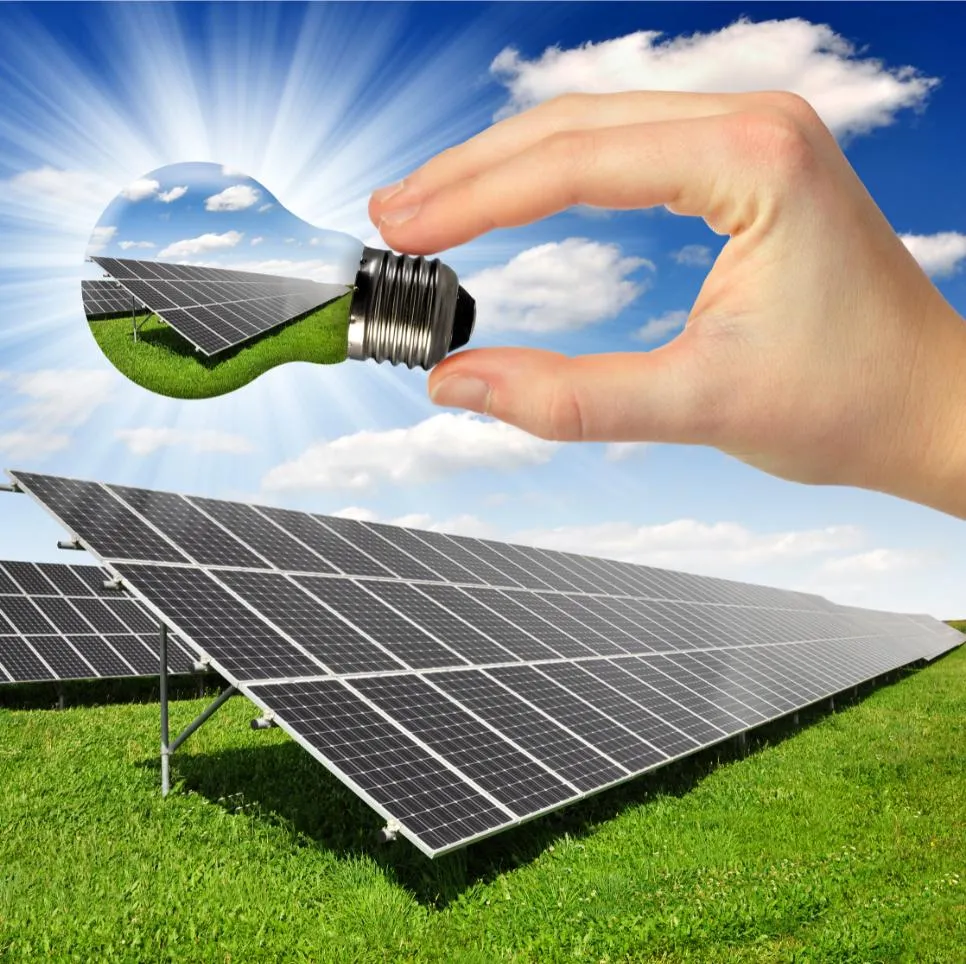PALM HARBOR SOLAR PROS BLOG
Insights from Our Solar Energy Journey

Harnessing the Power of the Sun: A Comprehensive Guide to Solar Energy Systems
Have you ever wondered how we can tap into the immense power of the sun to meet our energy needs? Solar energy systems offer a promising solution to this question, providing a clean and renewable source of power. In this comprehensive guide, we will explore the ins and outs of harnessing solar energy, from understanding the fundamentals of solar energy systems to choosing the right solar panels for your needs. Join us as we uncover the benefits of solar energy and navigate the world of installing and maintaining solar panels. Get ready to embark on a journey that will shed light on the power of the sun and how it can revolutionize the way we power our lives.
Understanding Solar Energy Systems
Understanding solar energy systems is essential for anyone interested in harnessing the power of the sun to generate electricity. When it comes to solar energy, two important aspects to consider are solar energy storage and solar energy efficiency.
Solar energy storage refers to the ability to capture and store the energy generated by solar panels for later use. This is particularly crucial for times when the sun is not shining, such as during the night or on cloudy days. There are various methods of solar energy storage, including batteries and solar thermal storage systems. These technologies allow for the storing of excess energy during peak production periods, ensuring a constant and reliable energy supply.
Solar energy efficiency, on the other hand, focuses on maximizing the amount of energy that can be harnessed from the sun. It involves using efficient solar panels and optimizing their placement and orientation to capture the most sunlight possible. Additionally, technologies like solar trackers can further enhance efficiency by automatically adjusting the position of the panels throughout the day to track the sun's movement.
Benefits of Solar Energy
Switching to solar energy offers numerous benefits for both individuals and the environment. One of the most significant advantages is the potential for cost savings. By harnessing the power of the sun, homeowners and businesses can significantly reduce their electricity bills. Solar panels generate electricity, which means that individuals can rely less on traditional energy sources and their associated costs. Additionally, many governments and utility companies offer incentives and subsidies to encourage the adoption of solar energy, further lowering the initial investment and ongoing expenses.
Another important benefit of solar energy is its positive environmental impact. Unlike fossil fuels, solar energy is a clean and renewable source of power. The production of electricity from solar panels does not emit greenhouse gases or other harmful pollutants, helping to combat climate change and improve air quality. Furthermore, solar energy reduces dependence on finite resources, such as coal and natural gas, which are associated with environmental degradation and geopolitical conflicts. By embracing solar energy, we can contribute to a more sustainable and greener future for generations to come.
Types of Solar Panels
There are several different types of solar panels available for harnessing the power of the sun. Two common types are monocrystalline and polycrystalline panels. Monocrystalline panels are made from a single crystal structure, giving them a uniform appearance. They are known for their high efficiency, making them a popular choice for residential and commercial installations. On the other hand, polycrystalline panels are made from multiple crystal structures, resulting in a speckled appearance. While they are slightly less efficient than monocrystalline panels, they are often more affordable.
Another distinction to consider is between thin film and crystalline silicon panels. Thin film panels are made by depositing a thin layer of semiconductor material onto a substrate. They are flexible and lightweight, making them suitable for curved or irregular surfaces. However, they tend to have lower efficiency compared to crystalline silicon panels. Crystalline silicon panels, on the other hand, are made from silicon wafers. They are more efficient and durable than thin film panels, but they are also heavier and less flexible.
When choosing a solar panel, it is important to consider factors such as efficiency, cost, durability, and installation requirements. Ultimately, the choice will depend on your specific needs and budget.
Choosing the Right Solar System
When selecting the appropriate solar system for your needs, it is essential to consider various factors such as efficiency, cost, durability, and installation requirements, building upon the knowledge of different types of solar panels. One important factor to consider is solar system financing. Solar systems can be a significant investment, but there are various financing options available that can help make the upfront costs more manageable. These options include solar leases, power purchase agreements (PPAs), and solar loans. It is crucial to research and compare these financing options to determine which one best suits your financial situation and goals.
Another factor to consider is solar system efficiency. The efficiency of a solar system refers to its ability to convert sunlight into usable electricity. Higher efficiency solar panels can generate more electricity using the same amount of sunlight as lower efficiency panels. When choosing a solar system, it is important to consider the efficiency ratings of the panels and inverters. Higher efficiency systems may have a higher upfront cost, but they can provide greater long-term savings by generating more electricity.
Additionally, it is essential to consider the durability of the solar system. Solar panels should be able to withstand various weather conditions and have a long lifespan. Look for solar panels that come with a warranty to ensure that you are protected in case of any issues.
Installing and Maintaining Solar Panels
To successfully install and maintain solar panels, it is important to follow proper procedures and guidelines. Solar panel installation requires careful planning and consideration. Before starting the installation process, it is crucial to assess the location and determine the best orientation and angle for maximum sunlight exposure. This will ensure optimal energy production and efficiency.
During the installation, it is essential to securely mount the solar panels on a sturdy structure, such as the roof or ground-mounted frames. It is recommended to hire a professional installer, as they have the expertise and knowledge to handle the electrical connections and ensure the panels are installed safely and correctly.
Once the solar panels are installed, regular maintenance is necessary to keep them functioning at their best. This includes cleaning the panels to remove any dirt, dust, or debris that may accumulate over time. It is important to use non-abrasive materials and avoid harsh chemicals that could damage the panels. Additionally, inspecting the panels for any signs of damage or wear is crucial. Any issues should be addressed promptly to prevent further damage and maintain optimal performance.
Conclusion
In conclusion, harnessing the power of the sun through solar energy systems offers numerous benefits. By understanding the different types of solar panels and choosing the right system for your needs, you can contribute to a more sustainable future while saving on energy costs. Installing and maintaining solar panels may require initial effort, but the long-term advantages make it a worthwhile investment. So start exploring solar energy options today and make a positive impact on the environment and your wallet.
Connect With Us
Locations We Serve:
© Copyright 2026 Palm Harbor Solar Pros. All Rights Reserved.
Terms & Conditions | Privacy Policy

